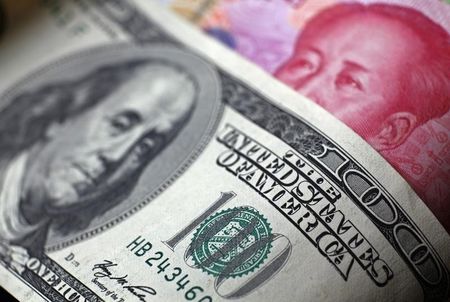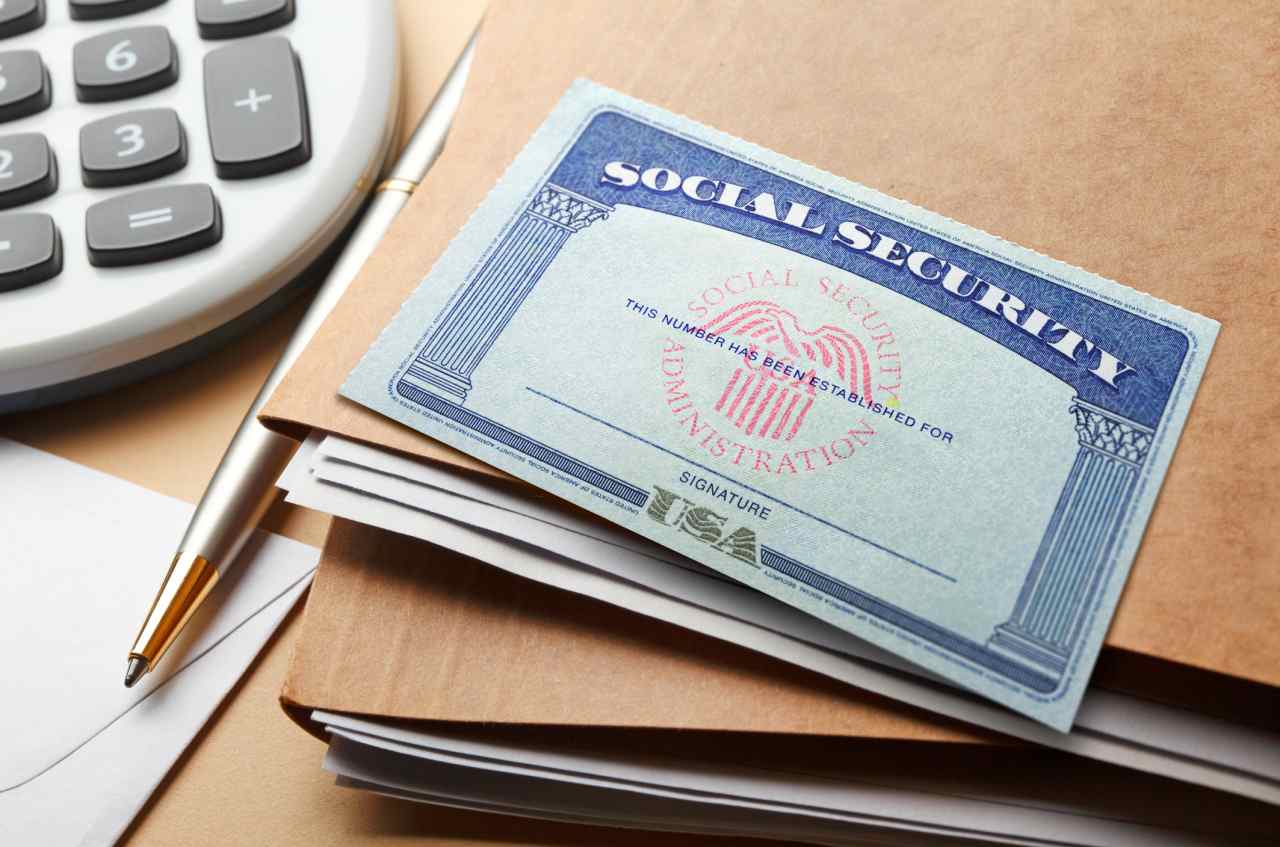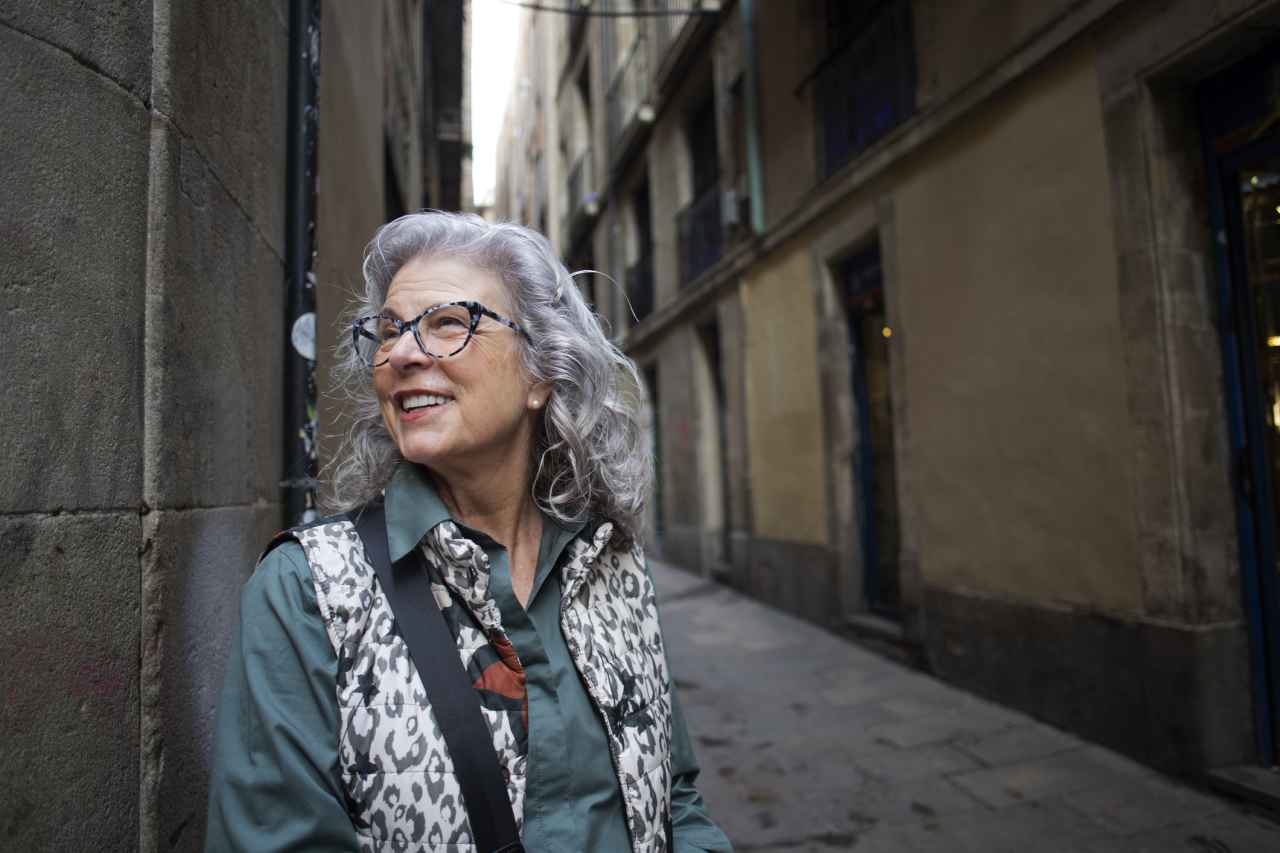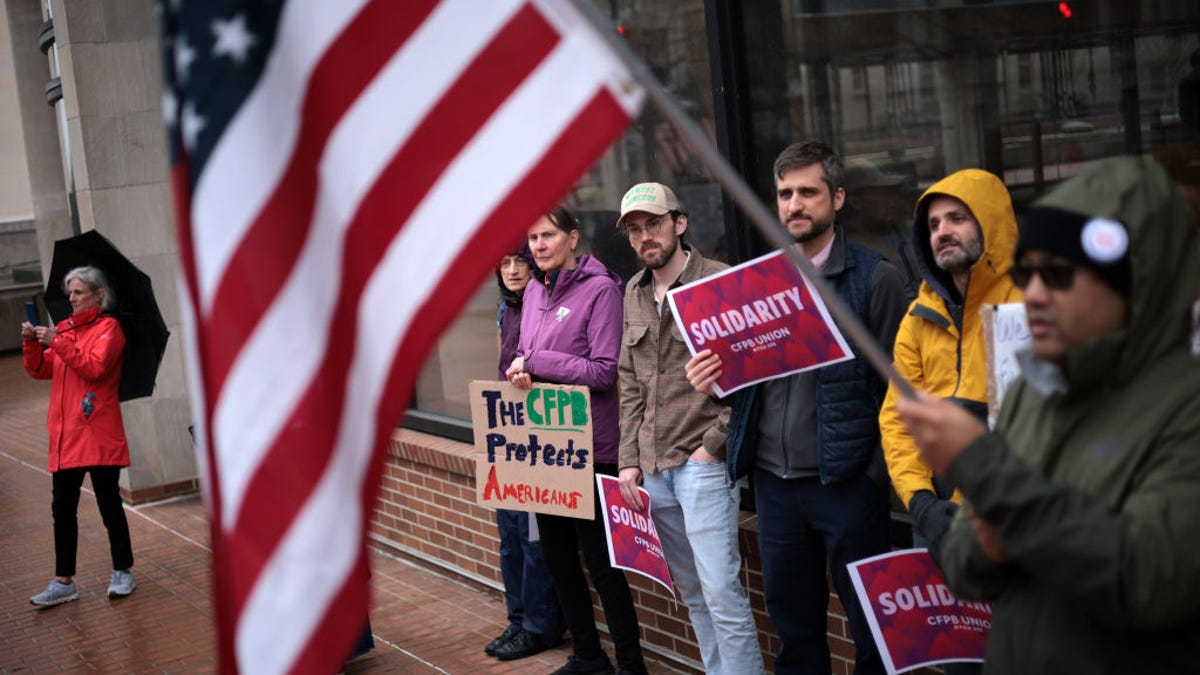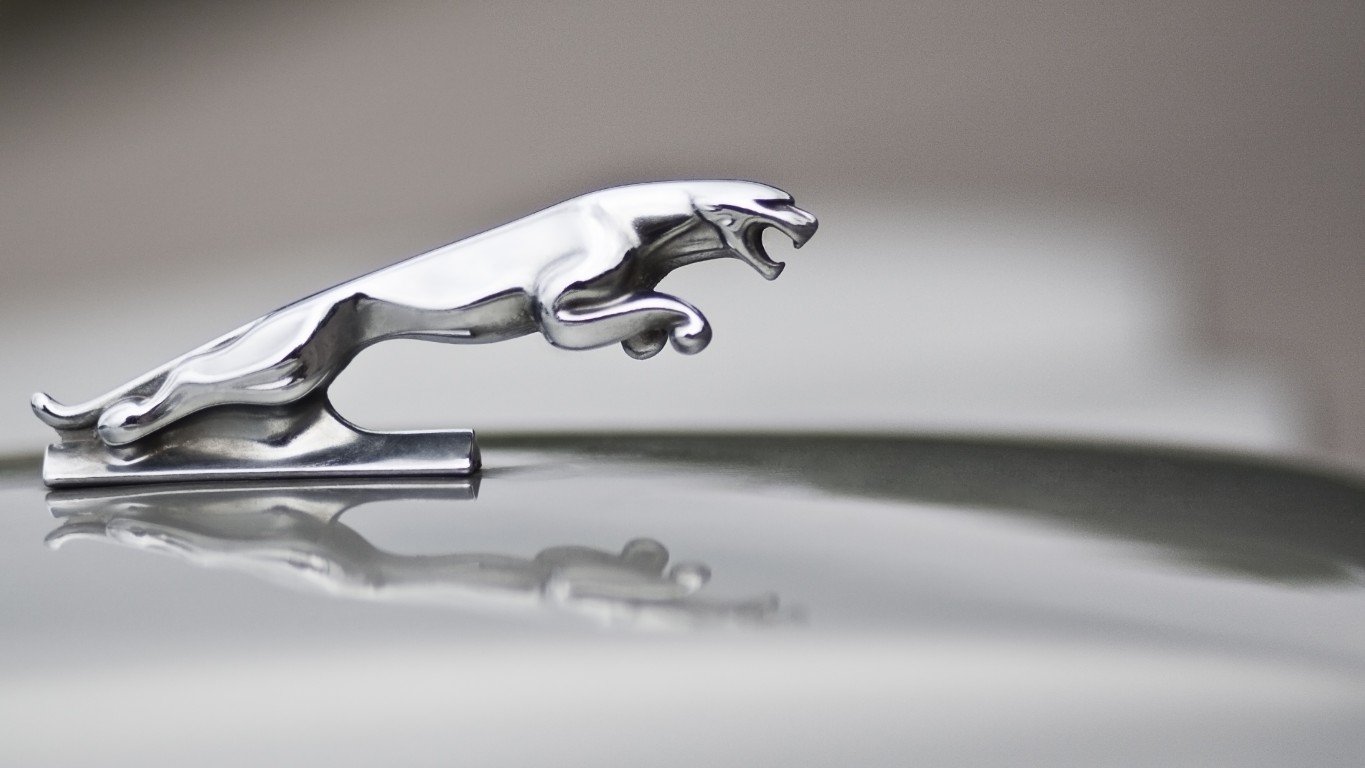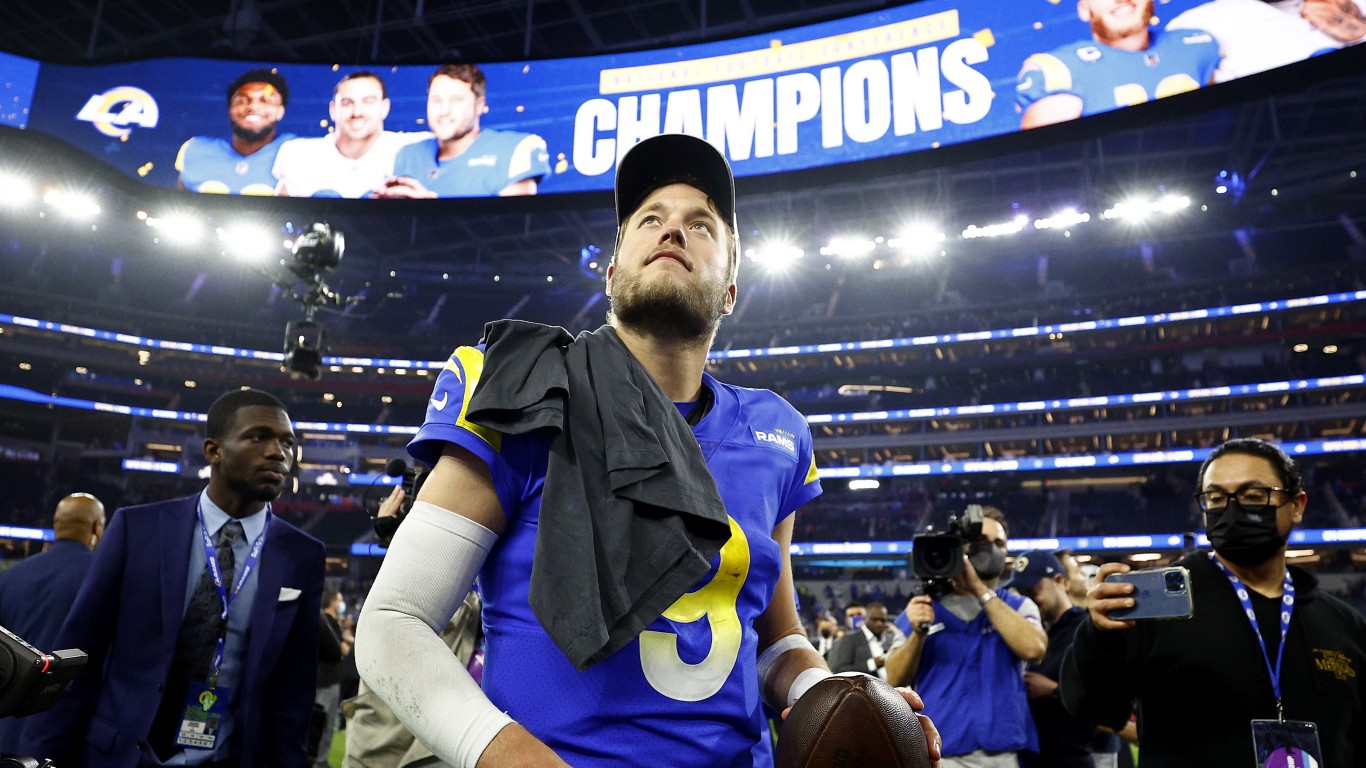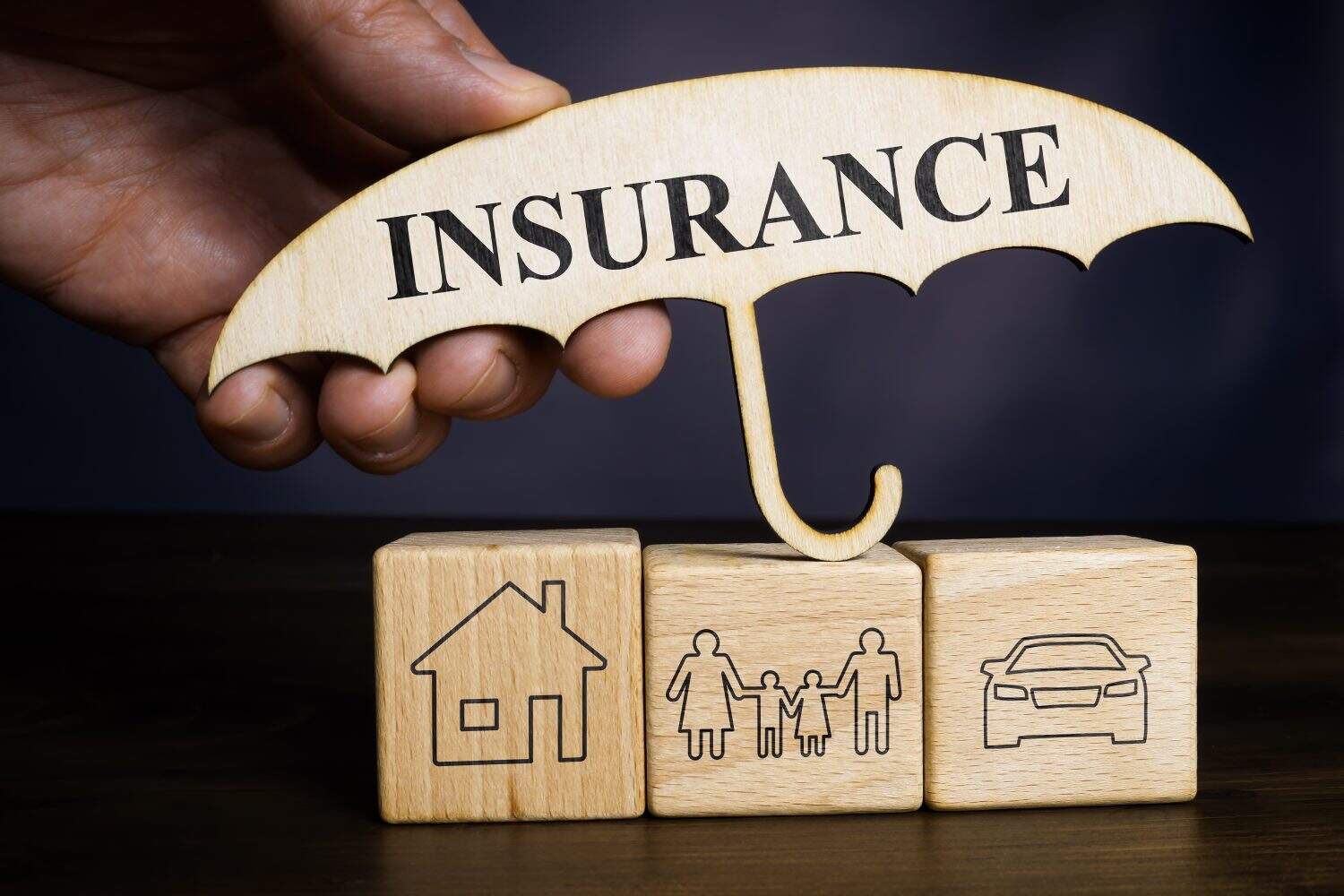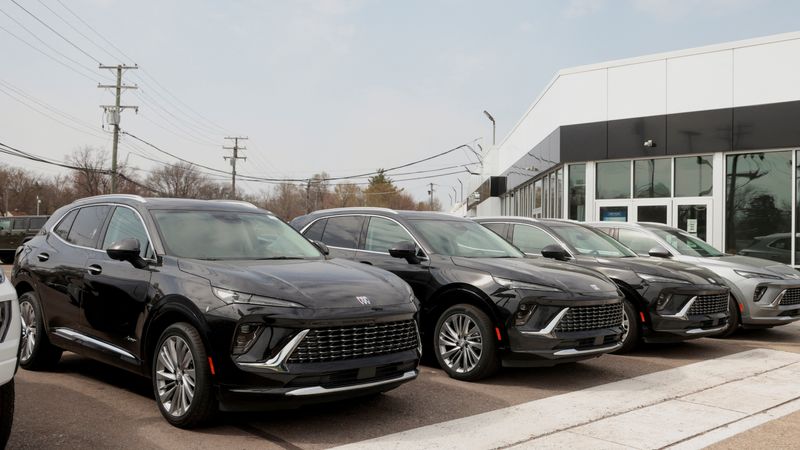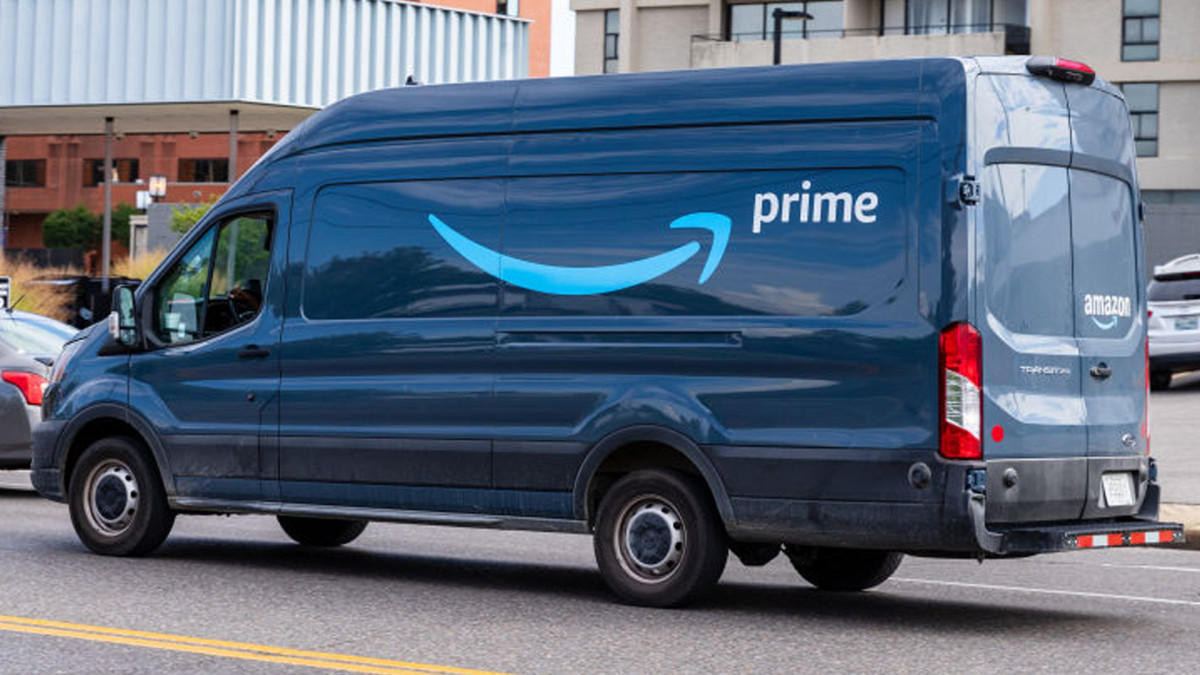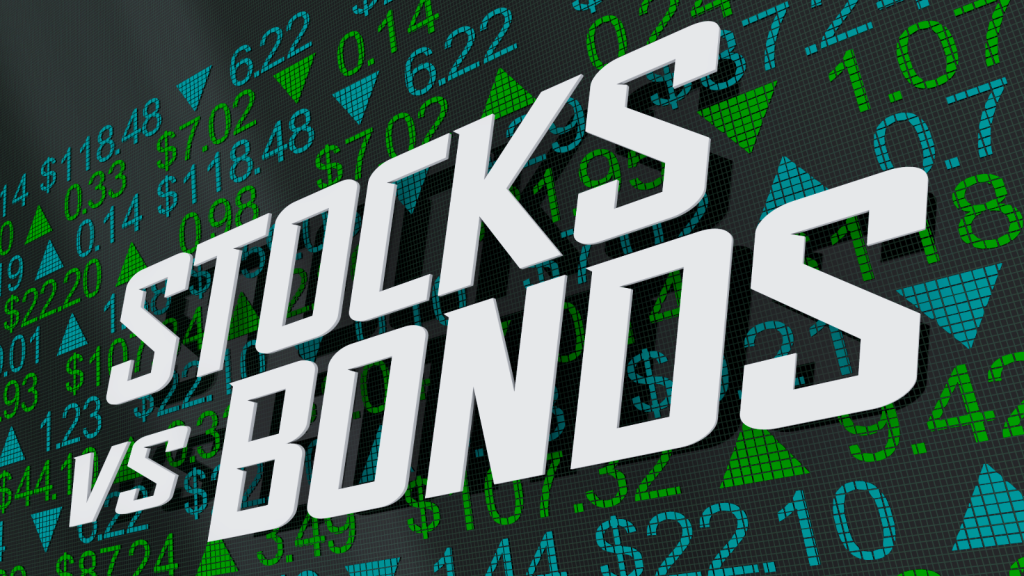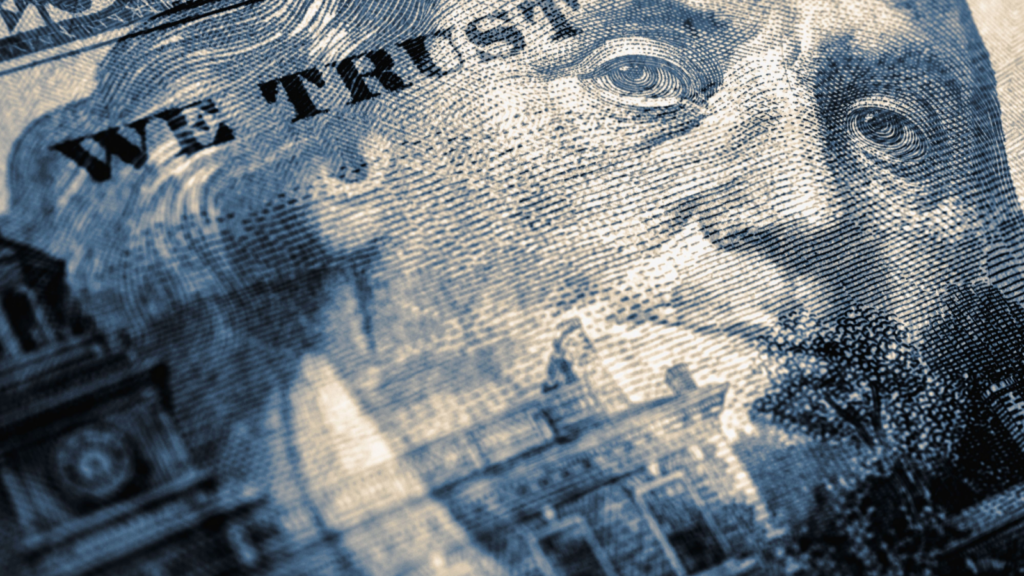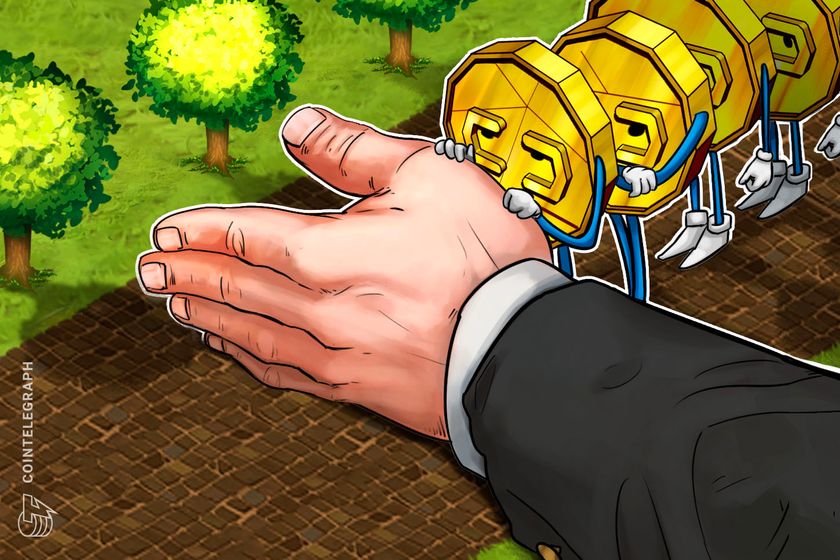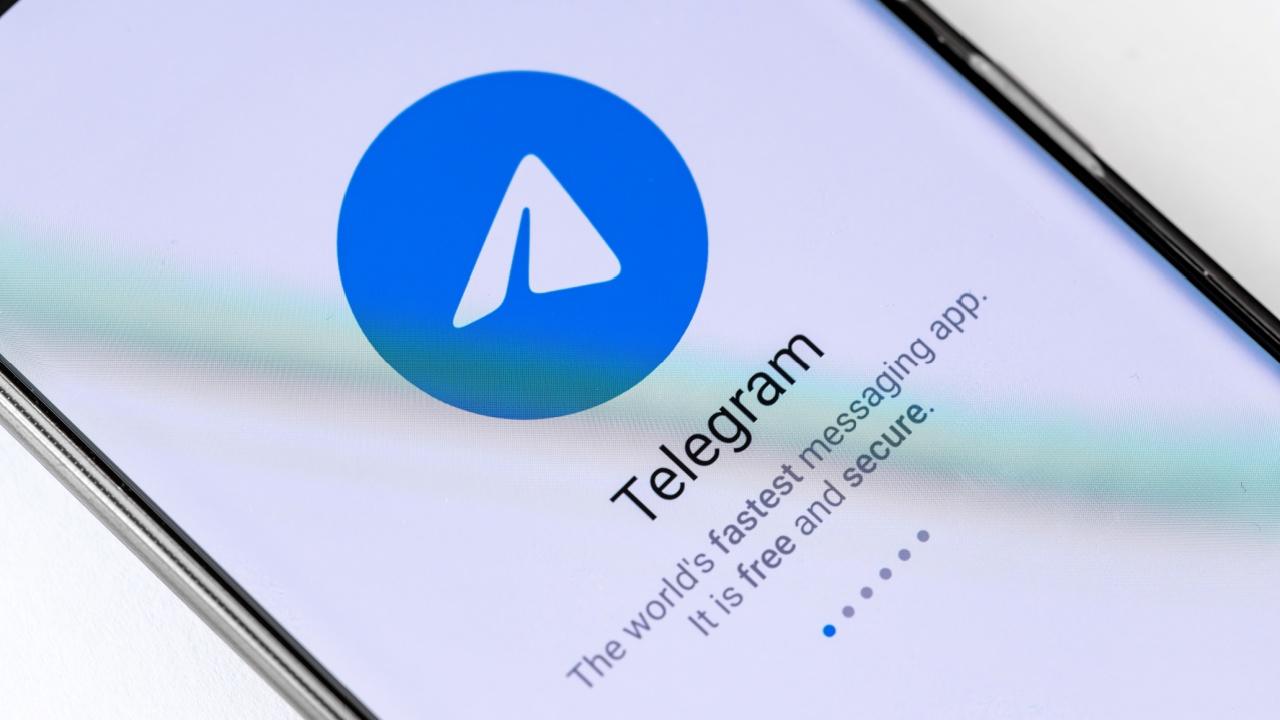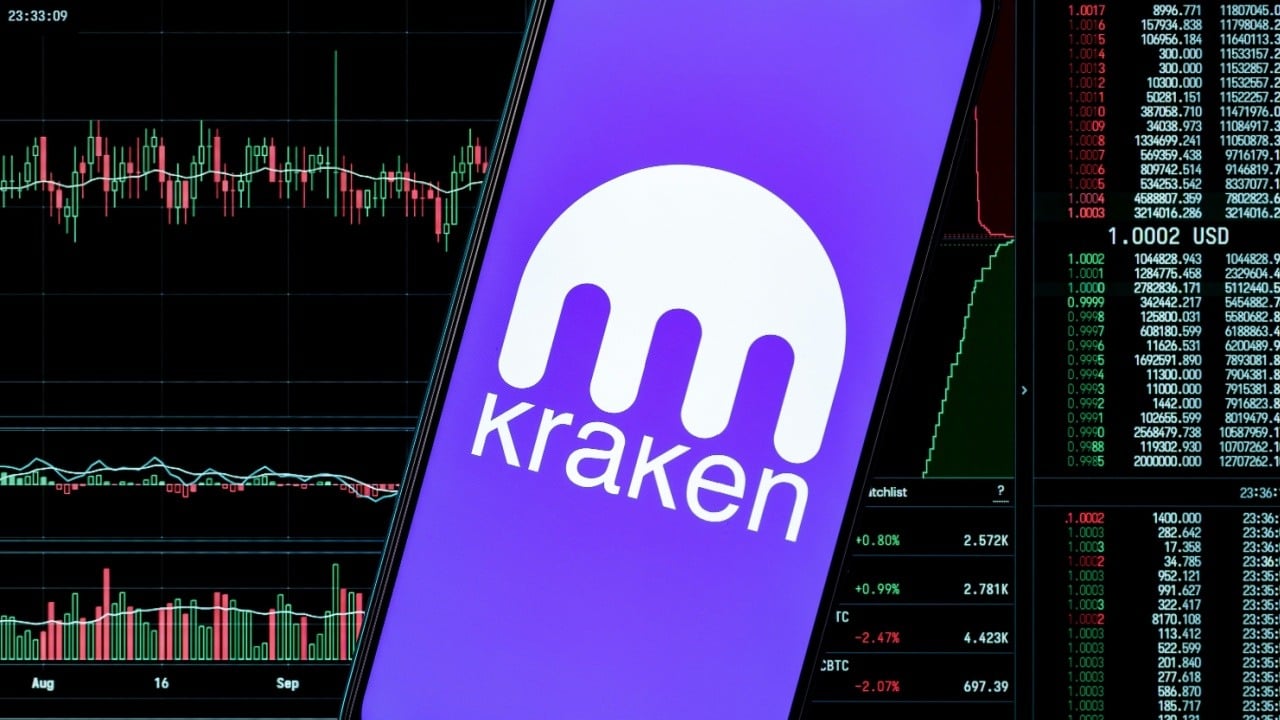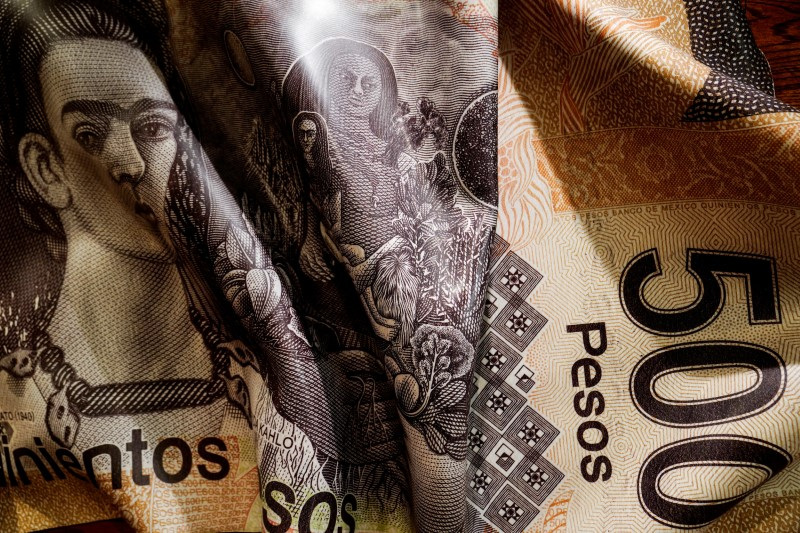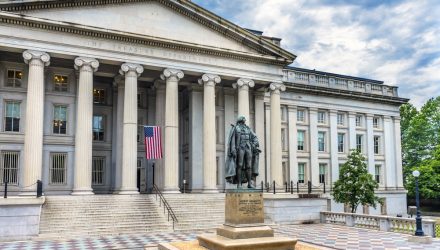Baby Boomers Own Nearly 40% of All American Homes – Was It Skill or Luck?
Baby Boomers have been called the “luckiest generation”, and when it comes to home ownership, this title is even more appropriate. But how did the Baby Boomers come to own so many homes? What made them so lucky? Does this high level of ownership have any impact on the future of the country? We explored […] The post Baby Boomers Own Nearly 40% of All American Homes – Was It Skill or Luck? appeared first on 24/7 Wall St..
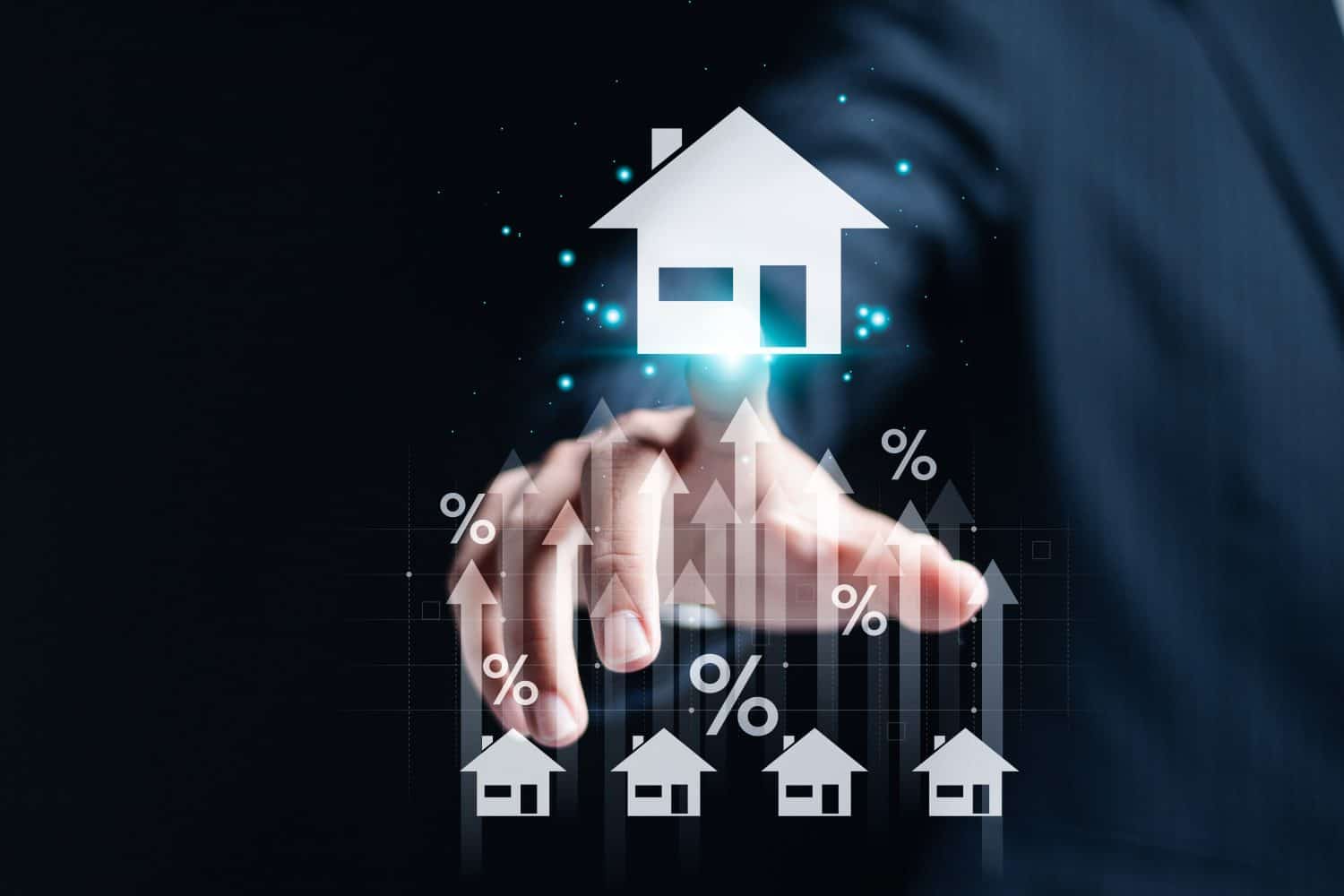
Baby Boomers have been called the “luckiest generation”, and when it comes to home ownership, this title is even more appropriate. But how did the Baby Boomers come to own so many homes? What made them so lucky? Does this high level of ownership have any impact on the future of the country?
Key Points
-
Baby Boomers inherited a strong economy, a strong dollar, and strong worker protections that helped them build high levels of wealth.
-
Baby Boomers eliminated worker protections and heavily contributed to the rising cost of homes and rents, making it harder for younger generations to buy a home.
-
Are you ahead, or behind on retirement? SmartAsset’s free tool can match you with a financial advisor in minutes to help you answer that today. Each advisor has been carefully vetted, and must act in your best interests. Don’t waste another minute; get started by clicking here here.(Sponsor)
We explored the data that explains all this and gives us a clue to what this means for everyone else. Please remember that while anecdotal evidence might differ from family to family, generational trends, like those we explore here, are still true.
Why Are We Talking About This?
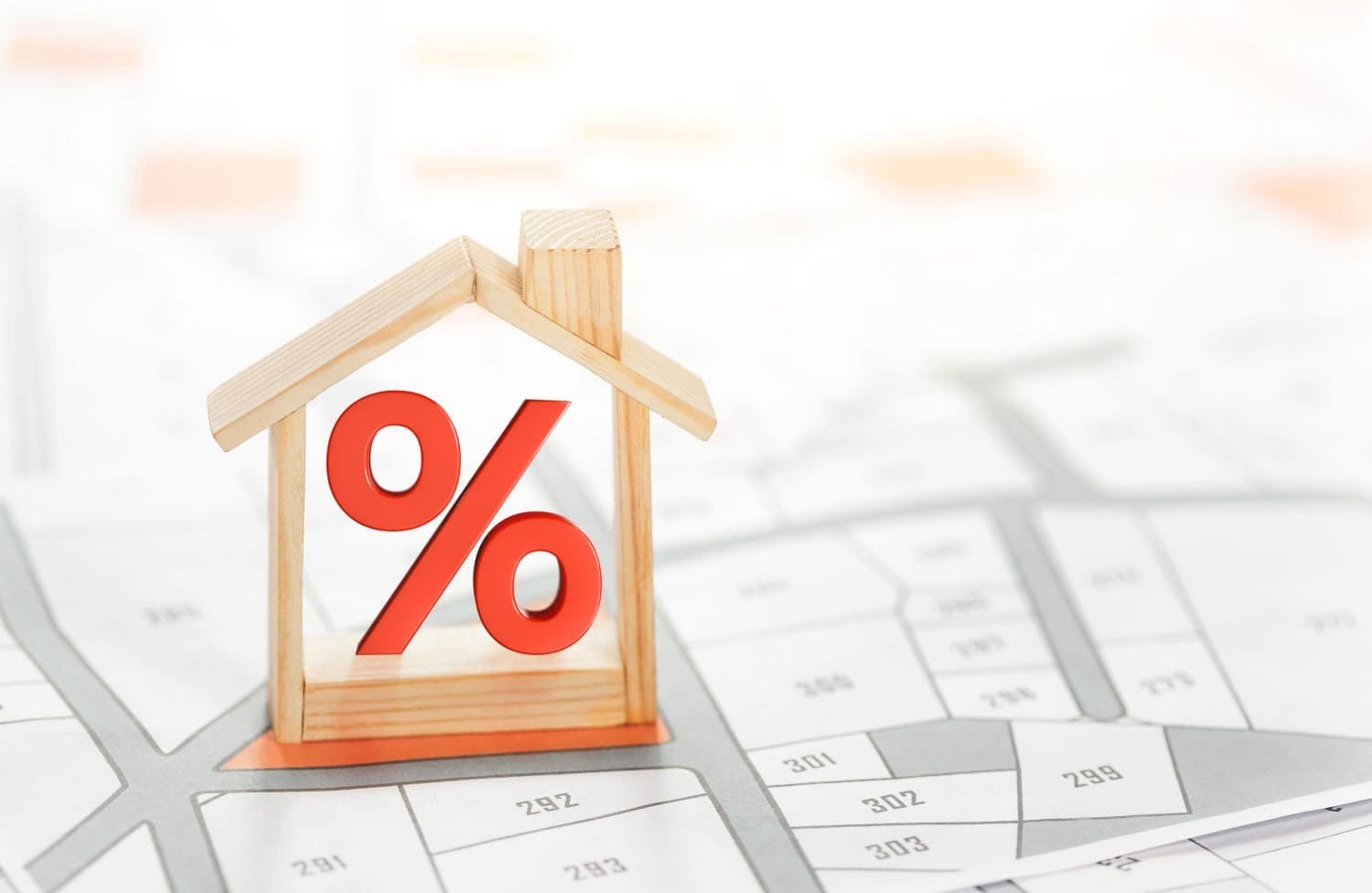
Driven by private equity and far-right deregulation, home prices have reached record highs, driving people into the street and forcing millions to become renters against their will. How we got here and what we can do about it are questions people are asking with increasing frequency, and the answers lie with the Boomer generation.
Home Ownership in the United States
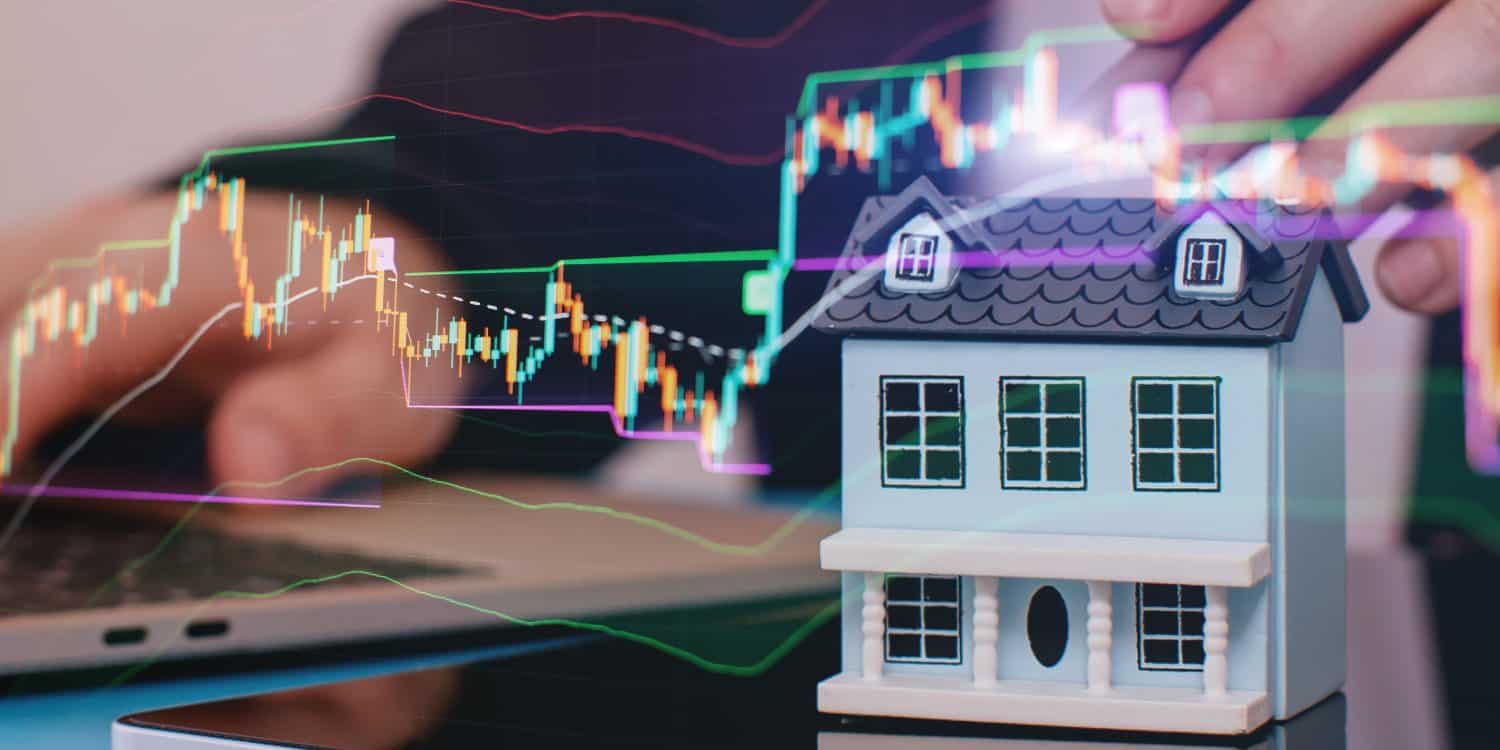
Baby Boomers own the most homes in the United States, and have done so for over fifty years.
Private home ownership has been a staple of American culture and has traditionally been one of the best ways to save money and generate a reliable return on investment in preparation for retirement.
As bankers, private equity firms, and politicians became greedier and less satisfied with the money they were already making, home ownership became a tool to squeeze even more money from the middle and lower classes. The games and fraud they played with the housing market led directly to the financial crisis of 2008 and continue to drive high home prices and rental rates.
According to the U.S. Census Bureau, the share of people between the ages of 65 and 78 (who we call Baby Boomers) who own a home has been increasing since 2000, even as the overall percentage of home ownership in the United States has dropped. In 2023, Baby Boomers owned just over 37% of all the available homes in the United States, even though they comprise just 20% of the population.
By contrast, home ownership among Millennials and other generations has dropped dramatically since 1985, with those between age 35 and 54 being hit the hardest as Baby Boomers snatched up significant amounts of homes immediately after the 2008 financial crisis.
Including the oldest members of Generation X, typically the wealthiest among their cohort, people over age 55 in the United States own more than 54% of the entire supply of homes in the country. The rate of new home construction doesn’t account for this growth, meaning that most of the homes bought by the older generations have primarily come from younger generations.
The homeownership rate in the United States reached a peak in 2004 at 69% (meaning people who own the house they live in) and has since dropped to 63.7% in 2015. This puts the United States in 55th place in the world for home ownership, far behind the top five countries:
- #1 Kazakhstan: 98%
- #2 China: 96%
- #3 Laos: 95.5%
- #4 Romania: 95.6%
- #5 Albania: 95.3%
Owning your own home and building equity has been one of the most powerful tools in growing a healthy and powerful middle class. But since the Boomer generation and private equity have turned us into a nation of renters, it has become nearly impossible for younger people to afford a home at all, wiping out any reliable equity growth.
White people have always had significantly higher homeownership rates than other races in the United States. This is due to a number of factors including redlining policies, discrimination from realtors, government construction projects that demolished poor neighborhoods, and generous grants, incentives, and programs that helped poor white people seize land and build homes during expansion that were not offered to other races.
How Did Baby Boomers Get So Lucky?
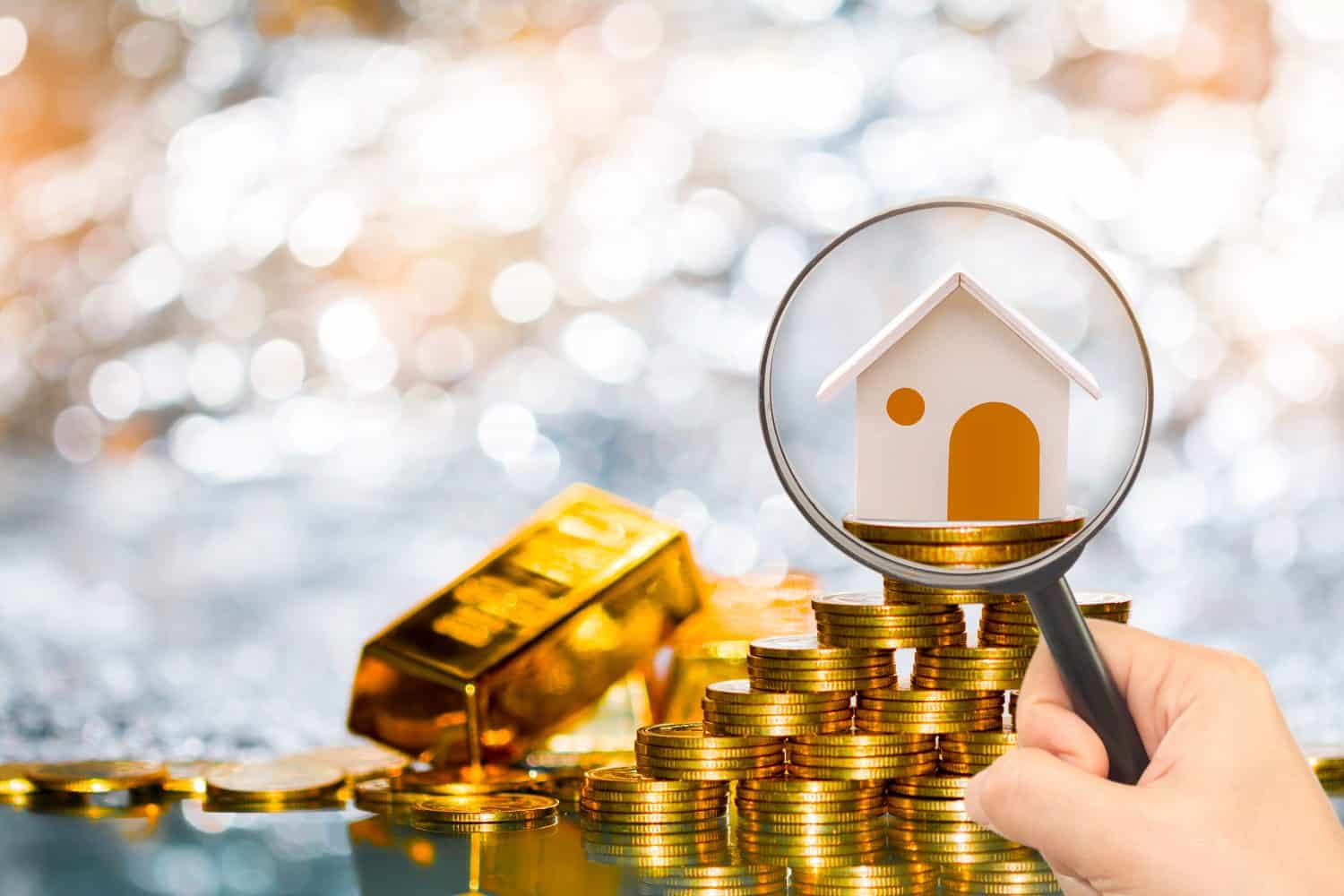
Baby Boomers are called the “largest and most powerful generation in U.S. history. Why? They inherited all the benefits of economic policy, social changes, and worker protections implemented in the previous decades just as they were entering the job market and buying homes. They were given the wealth, stability, and success of their parents and one of the strongest and fastest-growing economies in the world.
This led to the Baby Boomers developing one of the strongest attitudes of entitlement in modern history. They are the first generation in living memory to say that they are more interested in making money than pursuing any other goal. They were the first generation to view higher education as a commodity that should be used to make money instead of self-improvement and learning, contributing significantly to the rise in tuition costs. This also led them to believe that they were entitled to good grades, contributing to the inflation of grades through the decades.
Social scientists have noted that inheriting so much wealth and power from a generation that asked for nothing in return skewed the worldview of Baby Boomers who quickly adopted a me-first and self-sufficient attitude. Materialism rapidly “became the norm” in the United States, and money, possessions, and wealth became associated with happiness and personal value. Poor people were seen as lazy, wicked, and less deserving of compassion.
Additionally, Baby Boomers reached their peak working years right when the U.S. Dollar reached its strongest purchasing power, and the inflation-adjusted minimum wage in 1968 was $14.50, meaning that people earning double the federal minimum wage today don’t have the same purchasing power of someone earning minimum wage in the 1960s.
This price factor continues to keep younger people out of the housing market as real estate prices rise.
In 1954, the median home price was $18,080 (or $214,519 when adjusted for inflation). In the year 2000, the inflation-adjusted price had not increased by much, reaching only $245,867. By the end of 2024, however, the median home price has exploded to $416,258.
Rents have also increased. The median rent in the year 2000 was $483 per month. It then increased to $1,216 per month, far outpacing inflation and wage growth. This causes people to spend a greater percentage of their earnings on rent, and less on other things they want to buy or need, like healthcare and school.
Yet, this doesn’t quite tell the whole story. People would still be able to afford homes at this price if wages and worker pay had also increased at the same rate. But they have not. When adjusted for inflation, people are actually being paid less today than they were in 2000, meaning that homes have not only become more expensive, but the ability of people to buy homes at all has dropped.
Despite their incredible success and unprecedented levels of wealth, the Baby Boomers were not satisfied with having it all, they also wanted to prevent later generations from having such an easy time as they did, effectively pulling the ladder up behind them.
Most of the laws protecting labor, workers, and union participation were written between 1935 and 1974, with their strongest versions existing while the Baby Boomers entered the workplace. They took advantage of strong collective bargaining, regular wage increases, high minimum wages, and rock-solid workplace protections and pensions. But as they grew older, Baby Boomers set about to weaken or completely destroy these laws and protections, until today the United States has the weakest labor protections in the entire developed world.
The result? Later generations have higher rates of renters than earlier generations and say it is because homes are too expensive and they don’t earn enough money to save for a down payment. A majority of the Millennial generation and those who come after say that they have no retirement plans because they can’t afford it, with a majority saying they expect never to be able to retire at all.
So who buys the homes when older people die? Private equity. Private companies are snatching single-family homes at a higher rate than ever before and charging ridiculous prices for rent. This system is unsustainable, and unless something dramatic is done to reverse it, experts fear we are racing toward catastrophe.
The post Baby Boomers Own Nearly 40% of All American Homes – Was It Skill or Luck? appeared first on 24/7 Wall St..





